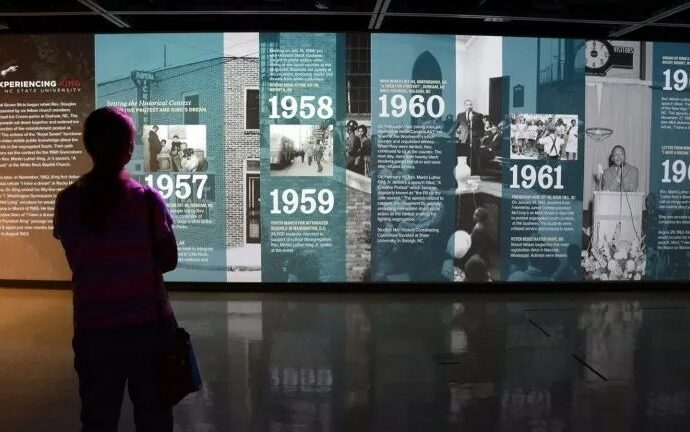Digital Justice Grants: Supplementary Materials

ACLS is pleased to offer the following examples of application components (e.g. proposal narratives, budgets, and workplans) that were funded in the 2021-2022 Digital Justice Grant pilot competition. We also offer a budget template, which we encourage prospective applicants to use as they craft their application materials.
While ACLS has previously provided sample budgets crafted by program officers, materials from awarded applications serve as the best examples of the kinds of projects ACLS funds. These examples are not meant to function as prescriptive blueprints. However, we hope that they will be particularly useful to applicants new to grant writing and/or who lack access to academia’s informal, but influential, information sharing networks. Such access, or lack thereof, reflects historical and ongoing systemic inequities. These inequities influence expectations around best practices in articulating the content of scholarly proposals as well as the conditions that more readily enable some scholars to pursue their work over others.
These examples of funded applications for both the Digital Justice Seed and Development Grants underscore the program’s thematic priorities: the interests and histories of people of color and other historically marginalized communities. Significantly, the projects in these applications advance equity and justice in the digital domain not simply through their content, but also by their methods. Some projects engage students and community partners as co-creators of knowledge within various digital spaces. Others decolonize the historical record by bolstering more robust public access to archival materials. And still others center ethics as a starting point of critical inquiry for emergent technologies. Taken together, digital technologies are central to these projects’ analyses of and interventions within the ongoing legacies of racial capitalism, colonialism, and heteronormativity, among others.

